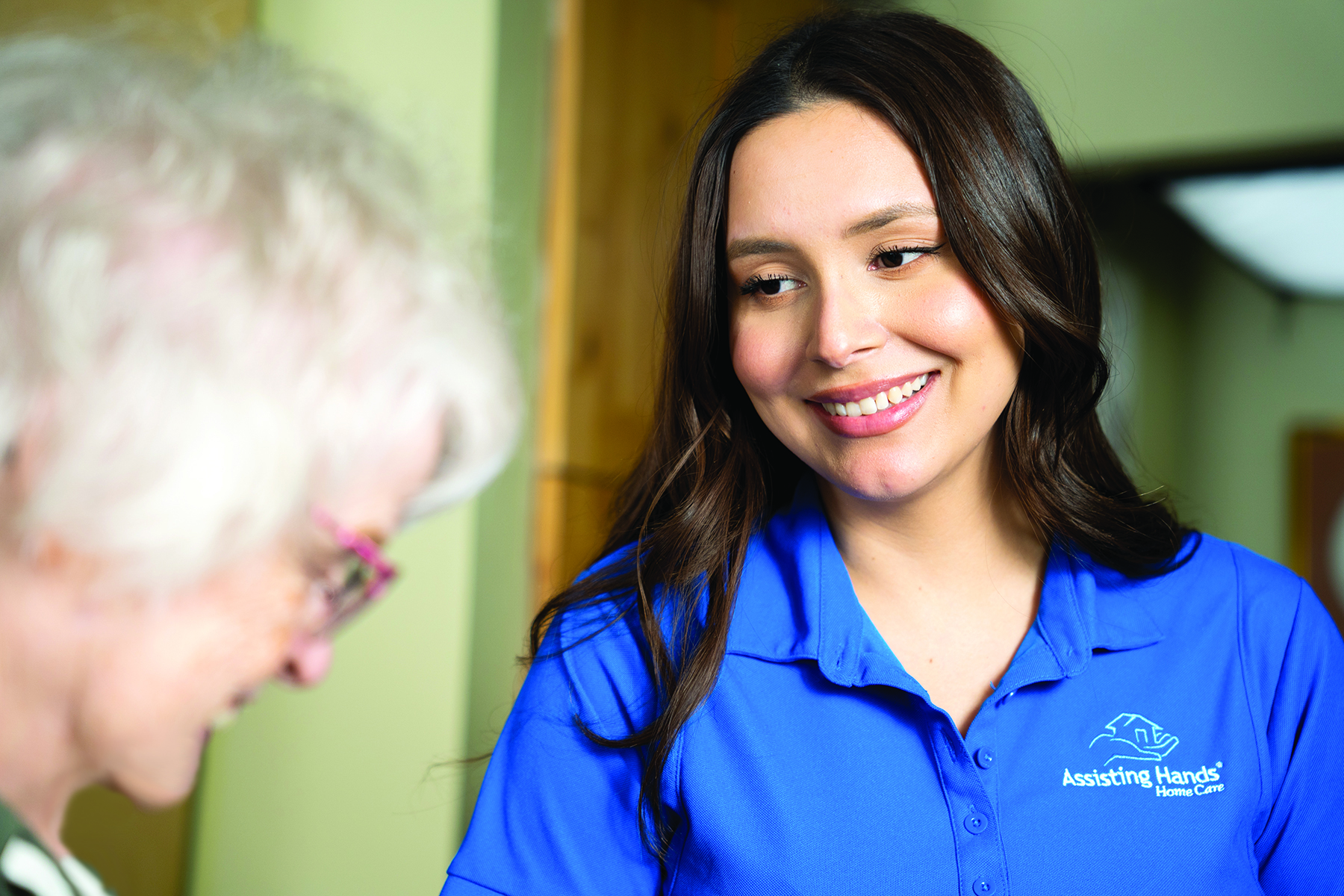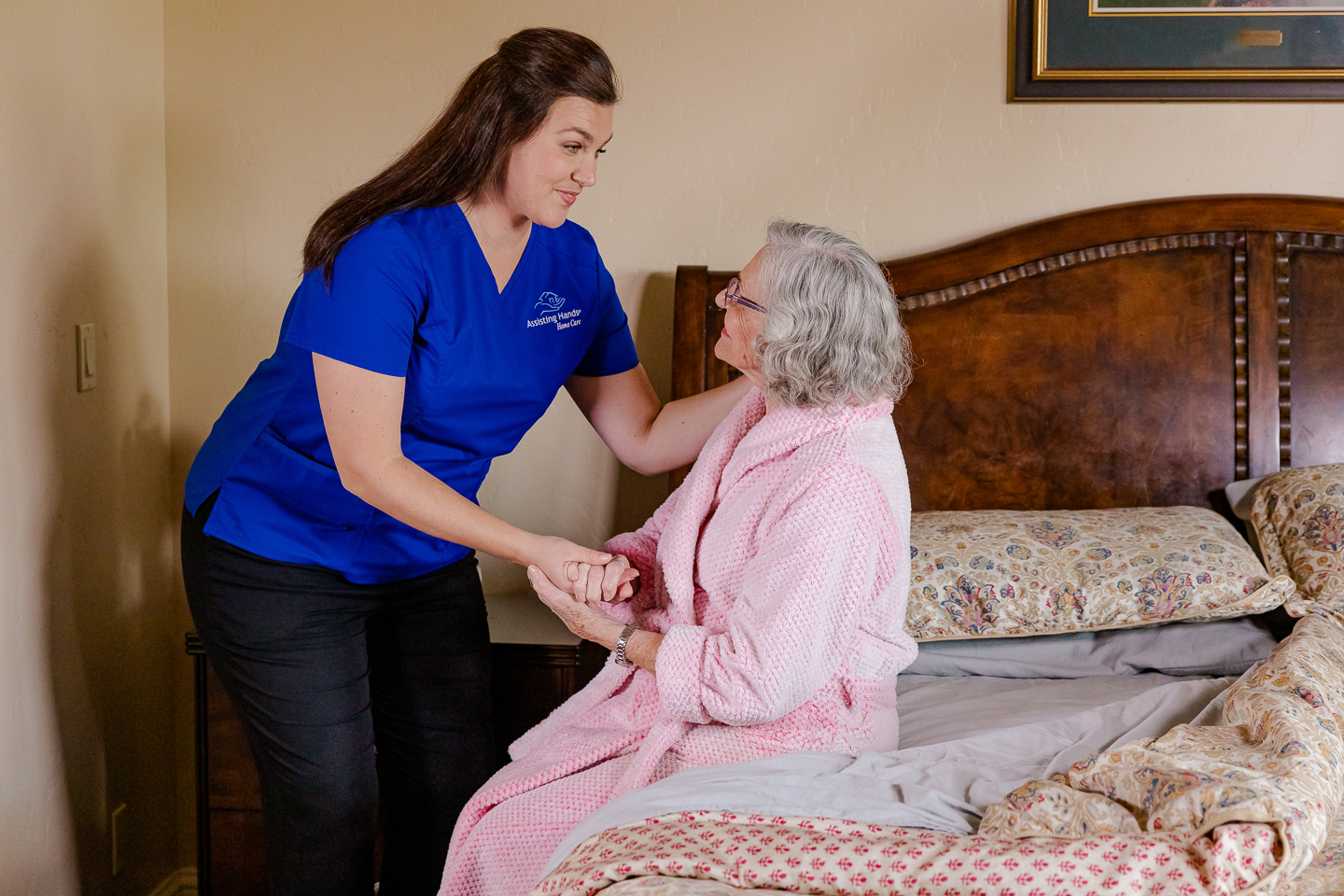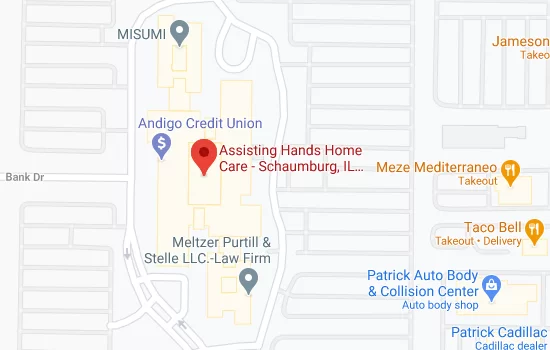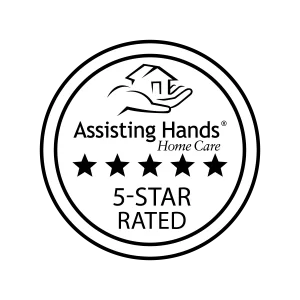Family members who notice a loved one struggling to stay independent at home often turn to in-home care. With the plentiful number of home health agencies in the U.S., the decision to hire a professional caregiver to support a senior relative is clear.
The challenge, however, in welcoming a caregiver to work in a loved one’s home is the opposition a senior is likely to express in receiving in-home care.
Difficulties Accepting Outside Help
Some seniors are reluctant to accept outside help. Numerous reasons may trigger their refusal. Growing old is seen in a negative light, especially with the frailty, forgetfulness and overall cognitive and physical decline that are often associated with the elderly.
Older people may have the inclination to prove themselves as still being fully capable and shun the compassion of a caregiver. Seniors may also fear strangers being in the home or experience privacy issues.
Whatever the reasoning is behind a senior’s opposition to an in-home caregiver, family members and concerned neighbors or friends can use empathetic tactics to help their loved ones see the value in accepting outside help.
Here are some tips for helping your senior loved ones accept outside help:
- Get a head start. Well before an aging loved one needs assistance at home, begin a casual conversation about where he or she sees herself in 6 months, a year or even 5 years. While the senior is capable of making decisions and taking care of herself, suggest the possibility of introducing a caregiver in the future.
- Assure family support. An aging individual who feels his or her family no longer has the desire or ability to provide care will lash out at the proposal to hire in-home help. Assure your loved one that bringing on board additional support is beneficial for both the care recipient and the senior’s family.
- Persuade gently. Rather than directly declare to the senior that an in-home aide will assist with bathing, dressing and grooming, incrementally introduce the helpful possibilities a caregiver will bring to make the senior’s life easier. Family members may suggest to a senior that a caregiver will drive him to the grocery store each week and help pick out fresh produce. Or, indicate a person the family trusts will help out the loved one at home, tidying up the place and offering a hand as the elderly person needs it. Instead of feeling vulnerable, the senior will likely start to see the benefits of having a caring professional a step away.
- Encourage independence. The opportunity to remain independent is cherished. Let the senior know that the opportunity to age gracefully in the comfort of home is a signal of independence. A skilled caregiver will help a loved one feel independent at home. A compatible caregiver will supervise the senior, allowing him to accomplish certain tasks with minimal assistance. When greater support is required, an observant caregiver is ready to lend a hand.
- Affirm financial resources. The loss of the ability to earn an income as individuals grow older is a weight many older people bear, especially when paying bills continues to be an ongoing responsibility. Older people may fail to believe their adult children have the ability or willingness to pay for additional in-home support. Comfort the senior by letting her know that financial resources are available and that the price of caregiving is well worth the cost.
- Alleviate fear. It is rather commonplace for older people to be fearful of having strangers present in the home. The decision to include the senior during the caregiving hiring process goes a long way to decrease the anxiety associated with hiring outside help. It is in both the family’s and care recipient’s best interests to carefully select a trustworthy figure to provide the very personal assistance outlined in a caregiver’s routine responsibilities.
- Assess compatibility. Introduce a few caregivers, who are eligible for hire, to the care recipient. If the personalities between the senior and caregiver match, it is a solid indication of future rapport. After the interview, the senior may actually start to warm up to the idea of a caregiver and look forward to mutually enjoyed activities, like discussing golf with the new hire or playing a few competitive rounds of chess.
- Alzheimer’s disease and dementia-related conditions may hinder the senior’s ability to engage during the initial assessment. Still, the preliminary meeting between a potential caregiver and the senior is important. A professional caregiver trained in handling dementia, paranoia and hallucinations will know how to communicate with the individual suffering from cognitive decline and have the competence to provide skilled, compassionate care.
- Evaluate. A family member ideally should be present during the first few caregiving shifts to ensure the situation runs smoothly. Remember that seniors require an adjustment period. Getting accustomed to a new face in the familiarity of home occurs over time. Frequent clashes between the caregiver and care recipient in the early stages should prompt a re-evaluation, and, possibly the need for a caregiver who is more suitable to the temperament and unique needs of the senior.
Working with Caregivers
Whether your aging loved one’s needs are immediate, such as with post-surgical care, or in the distant future, a trusted senior home care agency like Assisting Hands Home Care will fully meet your senior relative’s daily needs. Professional caregivers step in to provide assistance with the activities of daily living, including hygiene tasks, meal preparation and transportation.
Assisting Hands Home Care provides a comprehensive round of non-medical senior care services, from dementia care to fall prevention to hospice care. When your family’s needs are short-term, flexible respite care services are available on short notice. A senior who requires constant supervision will benefit from Assisting Hands Home Care’s 24-hour care or, alternatively, live-in care.
Delivering consistent, quality care to the elder populations in the surrounding community is of prime importance to Assisting Hands Home Care. The Schaumburg, Illinois, community relies on the trusted elder care services provided by the exceptionally skilled, compassionate team of caregivers at Assisting Hands Home Care.
Free Consultation
To request a free consultation for home care services in the Schaumburg, IL area, contact Assisting Hands Home Care at (224) 258-0736.

Daniela has master’s degree in electronic engineering with a pedagogical specialty and master’s degree in marketing management.
After completing her schooling, Daniela worked at a hospital for 6 years as the Director of Business Marketing Development and Public Relations.
Starting Assisting Hands Home Care
Daniela spent more than 14 years as the Assistant Vice President of a national bank before becoming a co-owner of Assisting Hands Home Care of Schaumburg.
Her background in public relations and marketing along with her personal experience caring for her mother motivates Daniela to be passionate about helping families in the Schaumburg, IL area find exceptional caregiving services for their elderly loved ones.
Besides providing home care, Daniela enjoys giving back to the community in her free time, supporting various events at St. Peter Parish in Geneva, IL such as fundraising, school projects, charity events, and more. She also enjoys volunteering for the Humanitarian Service Project in Carol Stream, IL. This organization provides seniors with meals as well as food and supplies for children living in poverty.






















